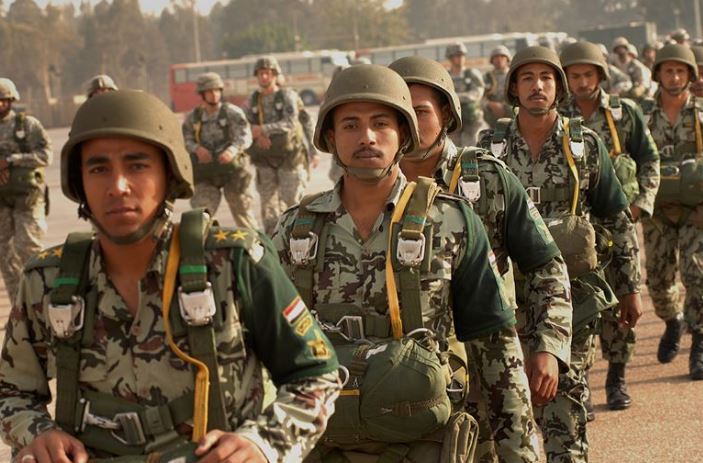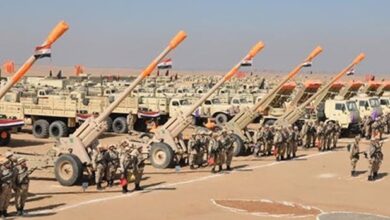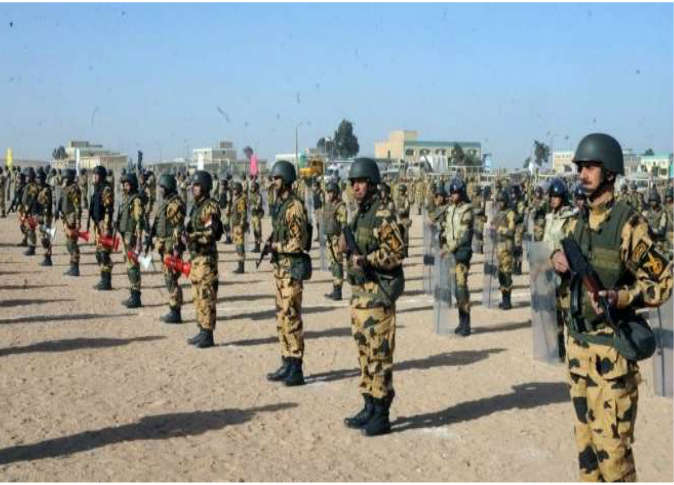Protesters insist they will continue protesting in Tahrir Square until Ahmed Shafiq’s government is removed, ignoring the army’s nightly warning of the consequences of staying out past curfew.
After the army used violence to evacuate them late Friday night, hundreds went back to the square on Saturday to begin a protest now entering its third day.
A high-ranking officer told the protesters at 11:30 last night that those staying in the square after the midnight curfew would be arrested. Protesters surrounded him yelling, “We won’t leave.” After they insisted on spending the night, another officer said they could stay as long as they don’t block traffic.
The square seems to be turning back into the campsite it was during the 18 days of the revolution. Dozens of tents, food outlets and even a medical center are back.
Osama Doweib, an emergency doctor from Upper Egypt, says that the medical center was re-established to deal with the protesters' medical emergencies after Qasr al-Eini and Azhar hospitals turned them over to the army when they went for treatment after Friday’s attack. “We will be here as long as protesters are here,” Doweib said.
Protesters are also resorting to popular committees again to protect the square after midnight from thugs and government-affiliated intruders. Mona Moussa, a protester, says the committees caught people trying to access the square with alcohol and drugs and turned them over to the army.
The protesters are not satisfied with the army’s efforts so far and believe that the old regime is still in place.
“Nothing has changed. Our demand was the fall of the regime–not just Mubarak–and this has not happened yet,” says Khaled Ibrahim.
They are also worried that the old regime figures' holding on to power is giving them time to destroy evidence of corruption to make it difficult to prosecute them.
“Every day that they spend in power brings new losses for us. They keep getting stronger while our numbers decrease,” says Moussa, to explain that Shafiq’s government must be immediately removed.
Protesters are also demanding the release of all political prisoners, the lifting of the Emergency Law, the dismantling of the state security apparatus and the prosecution of those guilty of corruption.
Some protesters hold grudges against the army because of Friday’s violence, but others believe it was orchestrated by the old regime to cause friction between the army and the people.
To make amends, the army apologized on its official Facebook page on Saturday and replaced the martyrs' memorial destroyed during the attack early on Sunday.
Protesters say their presence is meant to send a message to authorities.
“It seems that many are not taking this revolution seriously. We are here to show them that we can no longer be silenced and we can persevere longer than our rulers,” said Bahaa, a protester.
“Our presence proves that the people are still here. This is the only tool we have to pressure them,” said Moussa.
The perseverence of many of those still in the square is caused by having lost loved ones in the revolution. Zein Zakareya, who lost his brother on January 28 ("the Friday of Anger"), says that his brother’s final advice–that he must not abandon his rights–is tying him to the square.
The number of protesters is expected to rise during the week as many activists and youth groups have called on people to join.




